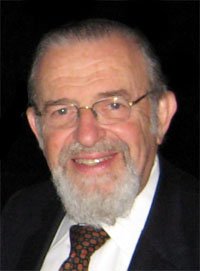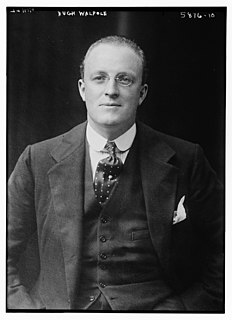A Quote by Helen Keller
We may have found a cure for most evils; but we have found no remedy for the worst of them all, the apathy of human beings.
Related Quotes
Self-culture has been loudly and boastfully proclaimed as sufficient for all our ideals of perfection. But if we listen to the best men and women everywhere ... they will say that science may have found a cure for most evils; but it has found no remedy for the worst of them all - the apathy of human beings.
What we are accustomed to decry as great social evils, will, for the most part, be found to be only the out-growth of our own perverted life; and though we may endeavor to cut them down and extirpate them by means of law, they will only spring up again with fresh luxuriance in some other form, unless the conditions of human life and character are radically improved.
Human beings are funny. They long to be with the person they love but refuse to admit openly. Some are afraid to show even the slightest sign of affection because of fear. Fear that their feelings may not be recognized, or even worst, returned. But one thing about human beings puzzles me the most is their conscious effort to be connected with the object of their affection even if it kills them slowly within.
The most wonderful of all things in life is the discovery of another human being with whom one's relationship has a growing depth, beauty and joy as the years increase. This inner progressiveness of love between two human beings is a most marvelous thing; it cannot be found by looking for it or by passionately wishing for it. It is a sort of divine accident, and the most wonderful of all things in life.































